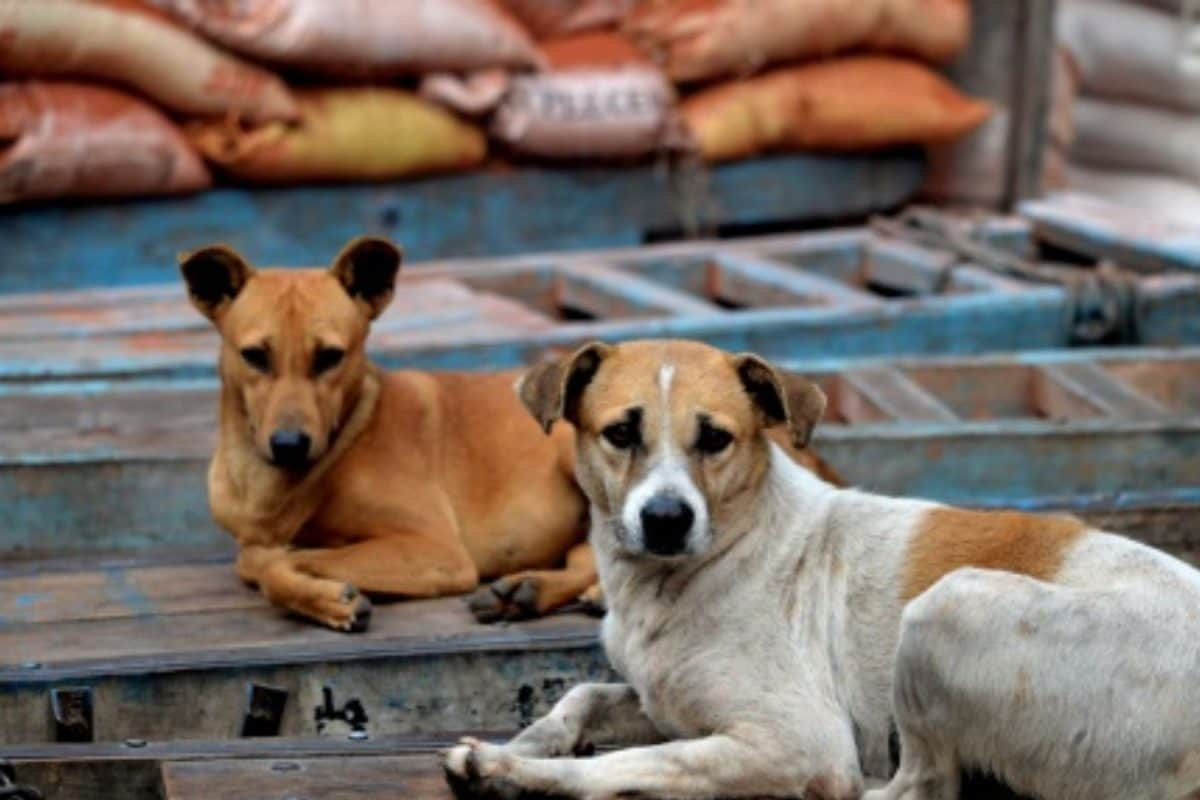

The Supreme Court has expressed strong disapproval of local authorities' inaction regarding the increasing stray dog issue in Delhi-NCR. The court has reserved its order on an interim plea seeking a stay on its August 11 directive concerning the removal of stray dogs from the streets. A three-judge bench, consisting of Justices Vikram Nath, Sandeep Mehta, and NV Anjaria, presided over the hearing of multiple petitions related to the matter.
During the proceedings, the Supreme Court emphasized that the core of the "whole problem" lies in the lack of action on the part of local bodies. The court further stated that all parties who have intervened in the case must take responsibility for the current situation. The Delhi government informed the Supreme Court that children are dying from rabies due to dog bites, highlighting the urgent need for a resolution. Solicitor General Tushar Mehta, representing the Delhi government, stated that there were over 3.7 million reported dog bites in the country in a year.
Senior advocate Kapil Sibal, representing an NGO focused on animal welfare, described the situation as "very serious" and advocated for a thorough examination of the matter. Sibal requested a stay on certain directives issued by the Supreme Court on August 11, including those instructing authorities in Delhi-NCR to promptly collect stray dogs from all areas and relocate them to dog shelters.
The August 11 order from a two-judge bench had directed authorities to establish dog shelters or pounds and provide a progress report within eight weeks. The order specified that stray dogs should be kept in these shelters and not be allowed to return to the streets. The recent hearings have included discussions on the practicalities and potential consequences of these directives.
The Supreme Court's detailed written order, released on Wednesday, included welfare safeguards, ensuring that dogs in shelters are not mistreated or starved and that timely veterinary care is provided. The order also addressed concerns about overcrowding and the need to house vulnerable dogs separately. Furthermore, the court allowed adoptions under strict conditions and in accordance with the Animal Welfare Board of India's protocols, warning that any re-release of adopted dogs into public spaces would face "the strictest of action".
The suo motu case was initiated following the death of a six-year-old girl in Delhi from rabies after being bitten by a dog. The Pardiwala bench noted "disturbing patterns" of dog-bite incidents and the inability of local agencies to ensure public safety. The court also directed authorities to establish a helpline for registering dog-bite complaints, mandating that the responsible animal be picked up within four hours. All captured dogs must be recorded daily, with CCTV monitoring to ensure compliance, and no dog should be released back into public spaces.
Arguments presented to the court included concerns about the practicality of removing all stray dogs, with some suggesting that such actions could be counterproductive. The Supreme Court will now consider all arguments before delivering a final decision on the implementation of its August 11 order.